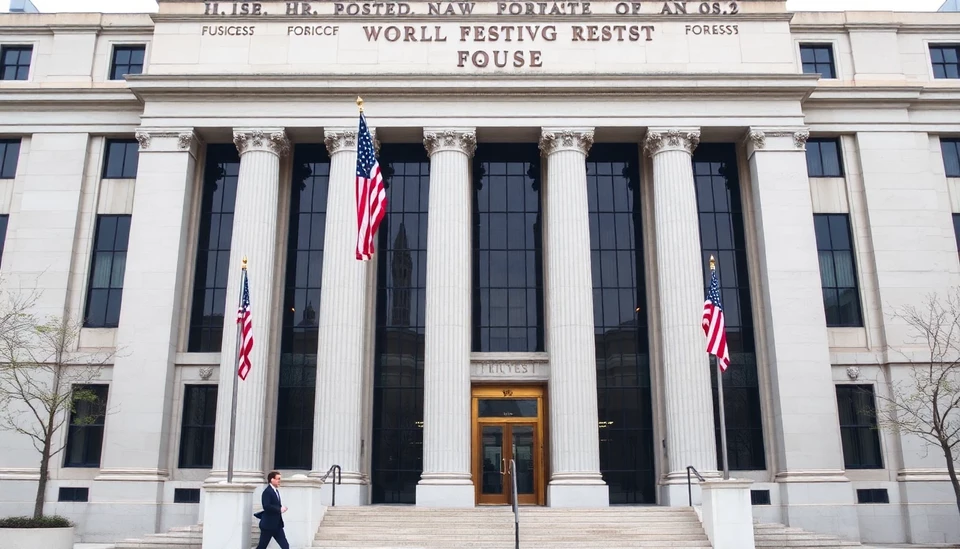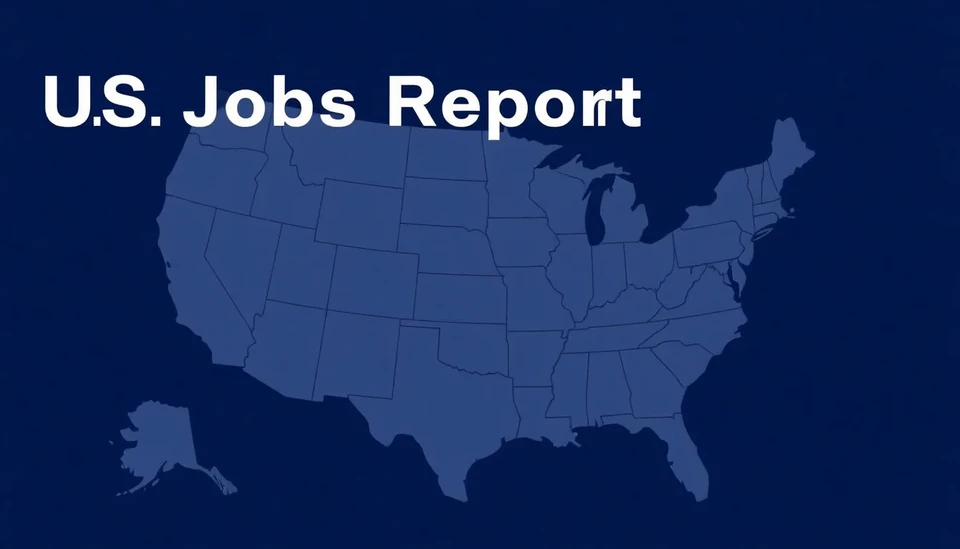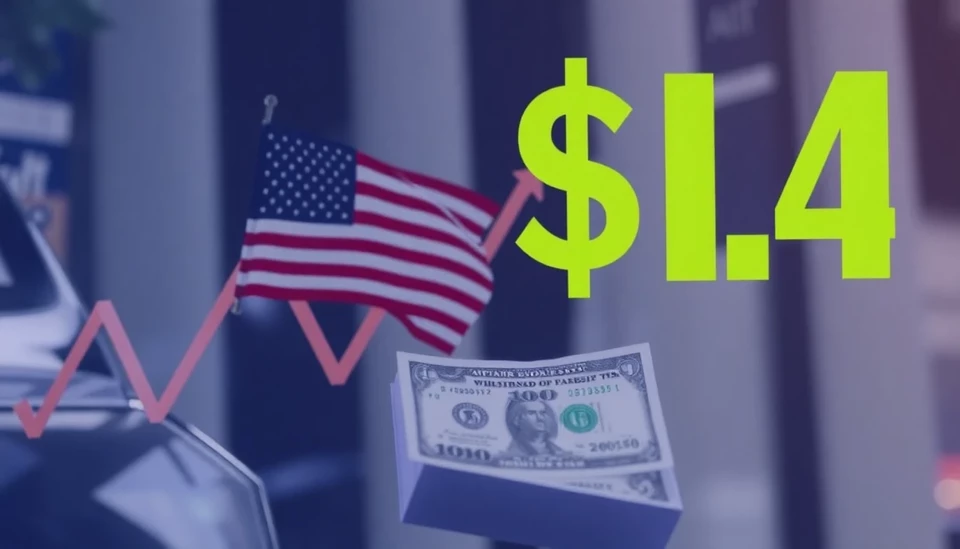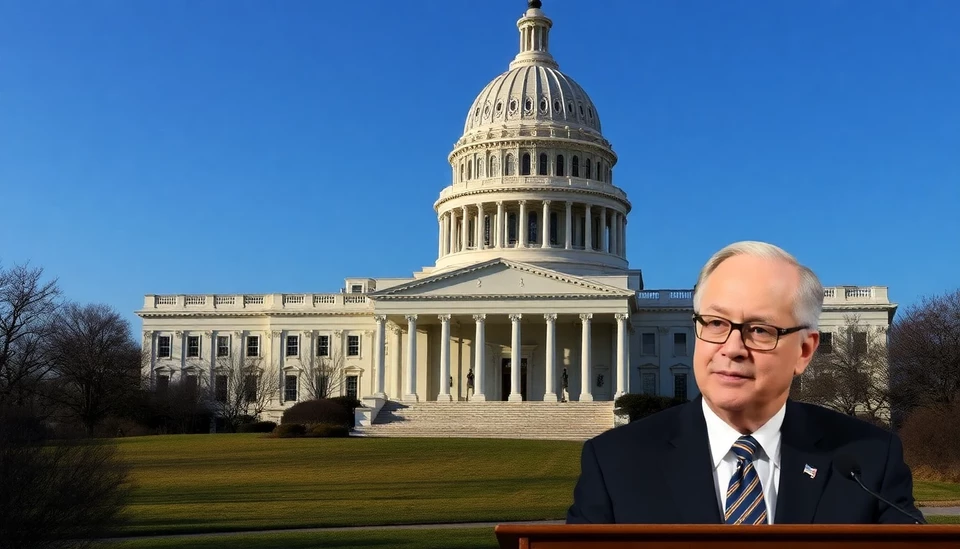
Recent economic data reveals that the U.S. job market remains robust, with significant job gains reported in December 2024. This surge in hiring may pivot the Federal Reserve's stance on interest rates as inflation pressures show signs of persistence. The employment report indicates a resilient economy, contributing to speculations about the Fed's next moves regarding monetary policy.
The Labor Department's statistics highlighted an addition of 300,000 jobs in December, far exceeding economists' forecasts, which anticipated an increase of around 200,000 positions. This upbeat news reflects a strong demand for labor across various sectors, particularly in leisure and hospitality, healthcare, and technology. Meanwhile, the unemployment rate held steady at 3.5%, suggesting a tight labor market that could lead to upward pressure on wages.
In light of the positive employment figures, inflation remains a key concern. The Consumer Price Index (CPI) data suggest that inflationary pressures have not abated as previously hoped. Although the year-over-year inflation rate has somewhat moderated, core inflation, which excludes volatile food and energy prices, continues to show resilience. This persistent inflation complicates the Fed's strategy concerning interest rates, which were previously on hold pending more substantial evidence of declining inflation.
Fed Chair Jerome Powell and other officials have noted that their primary objective remains controlling inflation while supporting the economy. However, the strong labor market data may compel them to reconsider their cautious stance and potentially resume interest rate hikes in 2025, aiming to prevent inflation from becoming entrenched.
Market reactions have begun to reflect these uncertainties, with investors closely monitoring further economic indicators. Bond yields have risen in response to the latest job report, signaling expectations of future rate increases. Additionally, stock markets reacted cautiously, showcasing a divergence between powerful corporate earnings and overarching economic anxieties about inflation.
As 2025 progresses, the Federal Reserve faces a delicate balancing act. While the health of the job market is a positive sign, the implications for inflation and interest rates remain a crucial focus. Policymakers will need to assess the broader economic picture, including consumer spending trends and international economic developments, before making definitive changes to monetary policy.
In summary, December's robust job gains highlight the strength of the U.S. labor market, but they also present significant challenges regarding inflation management. The Federal Reserve's response will be pivotal in shaping economic conditions in the upcoming months, as they strive to maintain this delicate equilibrium.
#USJobs #Inflation #FederalReserve #EconomicNews #InterestRates #2025Economy
Author: Daniel Foster




